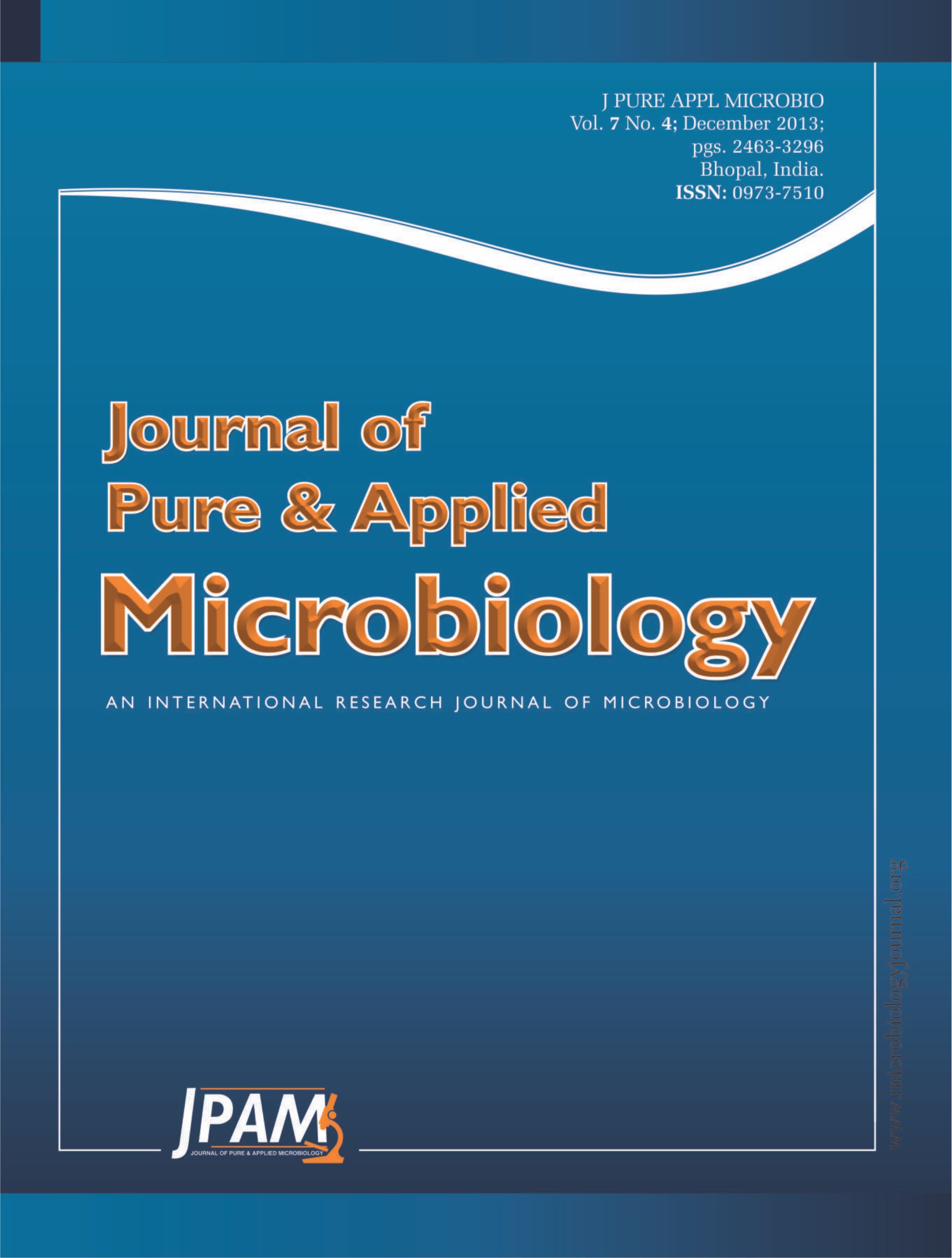Three different agricultural residues were evaluated as basic substrates for the production of biological control agent (BCA) Bacillus subtilis strain B579, by solid-state fermentation (SSF). Among them, wheat bran (WB) was shown to be the most suitable substrate, and an initial moisture content of 57% was determined to be optimal for SSF of strain B579. Moreover, employing the Plackett-Burman and Box-Benhnken experimental design models, nine different supplements were investigated to maximize the cell yield. Results demonstrated that a relatively maximal cell yield of 2.12±0.03×1011 CFU/g was achievable utilizing WB as the basic medium supplemented with beef extract (21.3 g kg-1), cornmeal (42.6 g kg-1), and soluble starch (23.8 g kg-1).
Agricultural residues, Bacillus subtilis B579, Biological Control agent, Design-Expert, Solid-State Fermentation
© The Author(s) 2013. Open Access. This article is distributed under the terms of the Creative Commons Attribution 4.0 International License which permits unrestricted use, sharing, distribution, and reproduction in any medium, provided you give appropriate credit to the original author(s) and the source, provide a link to the Creative Commons license, and indicate if changes were made.


